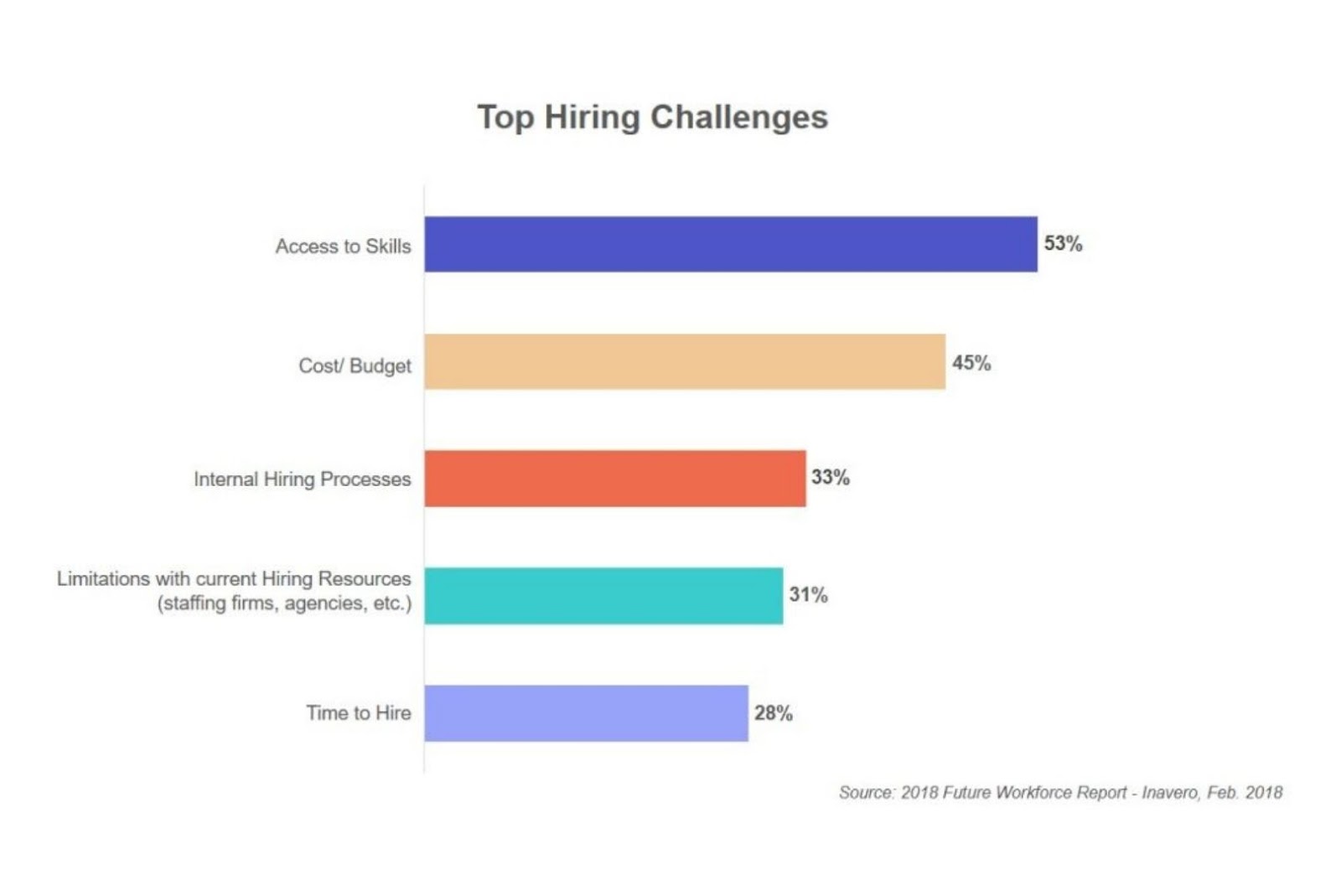
An ecologist, or scientist studying the environment, is one who is an expert in this field. Ecologist helps preserve large systems by looking at them. Ecologists share a common trait: a love of nature and a desire for the preservation of the environment. A strong sense of community is a hallmark of ecologists. Many of them read articles written by other researchers before sending them to publishers. These scientists are motivated and engaged by this community spirit. However, being an ecologist comes with its own challenges.
Job description
An Ecologist is responsible to manage the environment. Their duties include overseeing surveys and the preparation of environmental reports. They also advise government officials. They may also need to educate the public about the importance protecting natural areas. Some ecologists work on projects that directly impact biodiversity or the climate, like managing wetlands. Expert testimony may be provided in cases involving environmental issues.

The job of an Ecologist requires extensive knowledge about ecosystems and the relationships between them. Ecologists often specialize in terrestrial, marine, and freshwater ecosystems. They might also conduct surveys to find out how environmental issues impact certain species or habitats. They may also be responsible for drafting legislation or working with other agencies and researchers.
Education requirements
Ecologists must meet strict educational requirements. Ecologist candidates must not only have a masters in ecology but also be able to communicate well, love animals and excel at presenting. They must also have at least 50% of their undergraduate degree and passed all required entrance exams.
There are many career options in ecology. These include consulting to both external and internal clients. This role involves the coordination of technical comments as well as taking the lead in the development guidelines, policies and tools that benefit ecosystems, human health, and society. They might also be involved in research related to wildlife management. This may include remote sensing, modeling, field research and remote sensing. They are also able to help with monitoring endangered species and decision-making.

There are many educational requirements to be an ecologist. However, the majority of the required education is a Bachelor of Science in Botany, Environmental Science, and Ecology. Many bachelor's programs include courses in mathematics, statistics, and computer science. Internships are a great way to gain additional research skills. A Ph.D., or internship program is available for those already in the field.
FAQ
Are you a qualified consultant?
It is best to study a subject well and then practice what you have learned.
You can learn all you need to know to become a great consulting professional by starting to study now.
It may be difficult to get hired if your degree is not accompanied by relevant work experience. If you can show that your education is comparable to the job applicants, you may still be eligible for employment.
Employers will always be attracted to candidates who are able to apply their real-world skills.
How do I get clients to my consulting business?
Find an area that you are passionate about. It could be anything from social media to public relations, but there must be something you feel strongly about. If you don't feel passionate about it, you might need to start small with web design. Once you have found the niche market, you need to understand why it works. What problems does it solve What problems can it solve? What are the benefits?
You can also approach businesses directly.
You can also offer your services at events such as networking nights and conferences, if all else fails. It's a great way to get in touch with potential customers, without spending too much on advertising.
What is the difference in a consultant and advisor?
An advisor is someone who provides information about a subject. Consultants offer solutions to problems.
A consultant works directly alongside clients to help them realize their goals. Advisors advise clients indirectly via books, magazines, lectures and seminars, etc.
Statistics
- 67% of consultants start their consulting businesses after quitting their jobs, while 33% start while they're still at their jobs. (consultingsuccess.com)
- On average, your program increases the sales team's performance by 33%. (consultingsuccess.com)
- Over 62% of consultants were dissatisfied with their former jobs before starting their consulting business. (consultingsuccess.com)
- Over 50% of consultants get their first consulting client through a referral from their network. (consultingsuccess.com)
- So, if you help your clients increase their sales by 33%, then use a word like “revolution” instead of “increase.” (consultingsuccess.com)
External Links
How To
What's a typical day like for a Consultant?
Each type of work will dictate the day's pace. You will be spending time researching, planning new ideas, meeting with clients, and creating reports.
You'll often have meetings with clients where you can discuss issues and solve problems. These meetings can take place over the phone, via email, online, or face to face.
It is possible that you will be asked to write proposals. These documents outline your ideas and plans, and are required by clients. Before presenting these proposals to clients, you will usually need to discuss them with a colleague or mentor.
You will need to create content after all your planning and preparation. Writing articles, designing websites, editing photos or conducting interviews are just some of the options.
You may need to conduct research depending on the scope of your project to find relevant statistics and figures. This could include finding out how many customers your company has and whether they purchase more than one product.
Once you have gathered enough information, it's time to present your findings to clients. You may give your findings orally or in written form.
You must also follow up with clients following the initial consultation. You might contact them regularly to check on their progress or send them emails to confirm they have received your proposal.
Although this process can take time, it is important to stay focused and build good relationships with your clients.